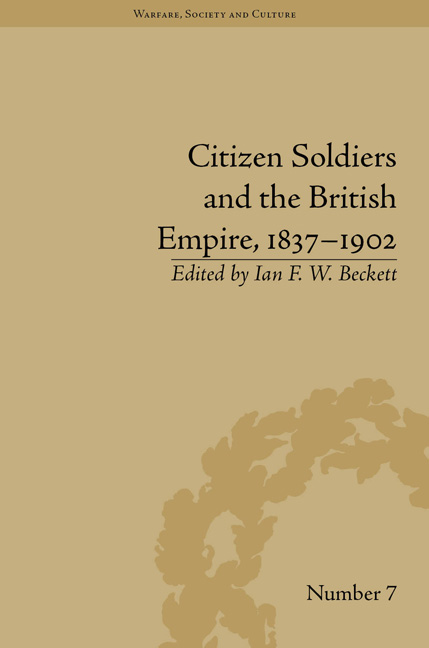5 - India
Summary
From the early eighteenth century, the East India Company (henceforth EIC) started spreading its tentacles from three centres in different parts of India: Madras in southern India, Bombay in western India and Calcutta in eastern India. In the course of the eighteenth century, these three centres were organized as three presidencies and each presidency maintained its separate military establishment. The Madras, Bombay and Bengal armies had both British and Indian personnel. The European military personnel were of two types: private military units maintained by the EIC and units of the British Army. After 1859, the private white army of the EIC was disbanded and all the British military personnel came under the ambit of the British Army. The bulk of the military personnel of the EIC (and after 1859 Crown Government in British-India) were Indians. This was because they were cheaper (three times compared to a British soldier), healthier and knew the terrain well in the Indian context.
During emergencies, the British Government in India (hereafter GOI, and also known as the Raj) raised auxiliary units or volunteer units. This chapter is mainly concerned with European volunteer units in British-India. Though part-time soldier is a more apt term, we will use the term volunteers because that is how the European civilians who undertook part-time soldiering in British-India described themselves. During the two world wars, the British male civilians, of course, were ordered to join the Indian Army (as officers) or the British territorial/auxiliary units. The GOI never resorted to conscription of its Indian citizens. All the Indian soldiers were long-term volunteers who willingly served the sahibs for social status and regular pay in cash. Unlike in West Europe, the Indians looked forward for thirty years’ service (reduced to twenty-one years in the late nineteenth century) because after that they became eligible for pensions in cash. In pre-British India, military service also resulted in upward social mobility. In the colonial context of economic underdevelopment and lack of opportunities in the civilian sector, military service under the Raj remained an attractive option for the small peasants of the countryside.
- Type
- Chapter
- Information
- Citizen Soldiers and the British Empire, 1837–1902 , pp. 101 - 120Publisher: Pickering & ChattoFirst published in: 2014



